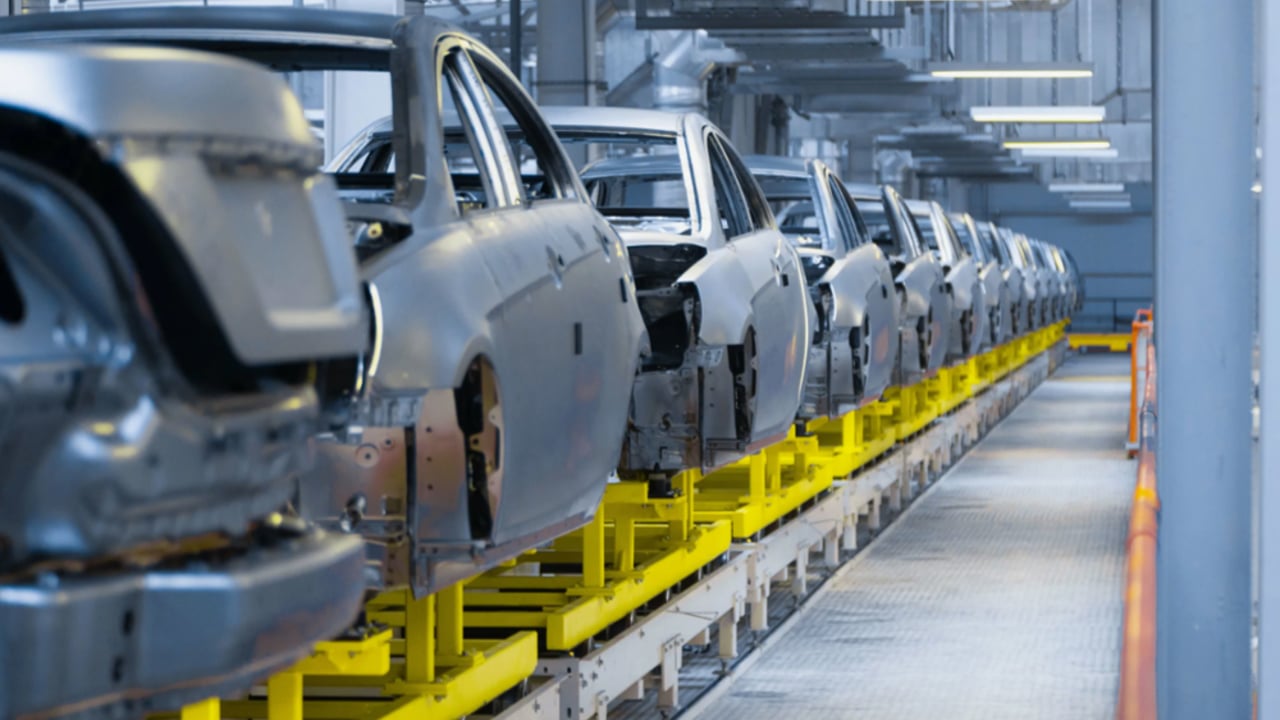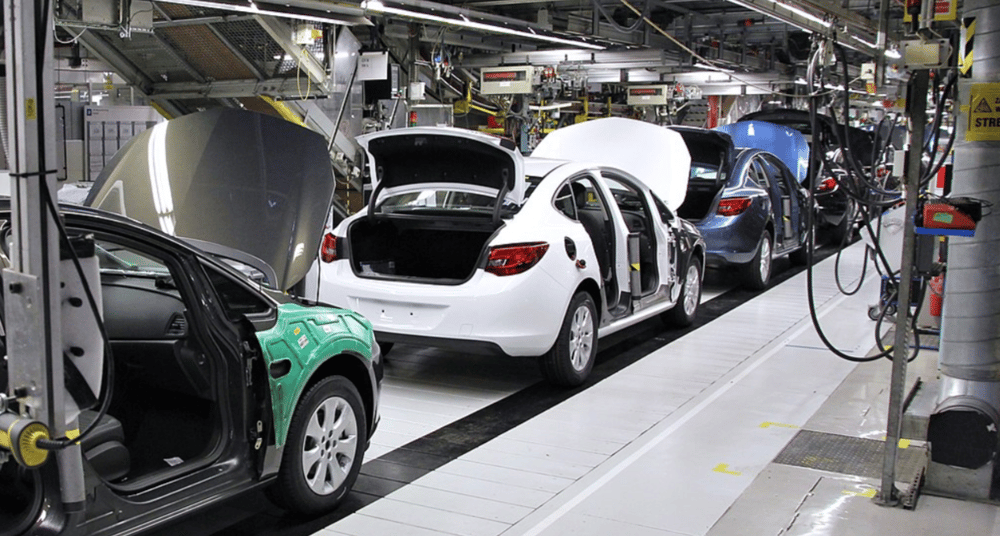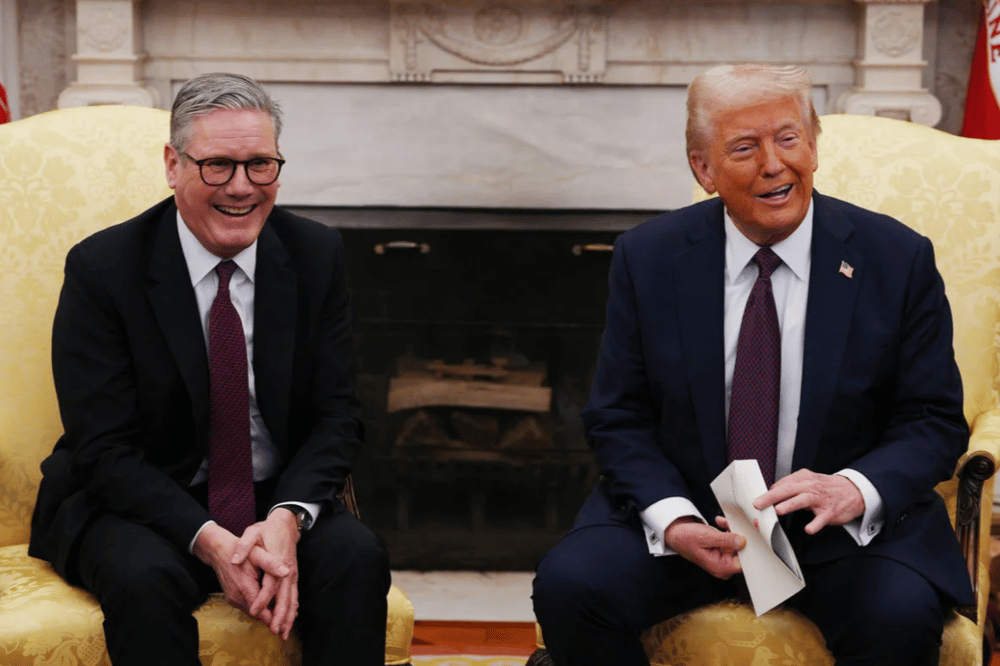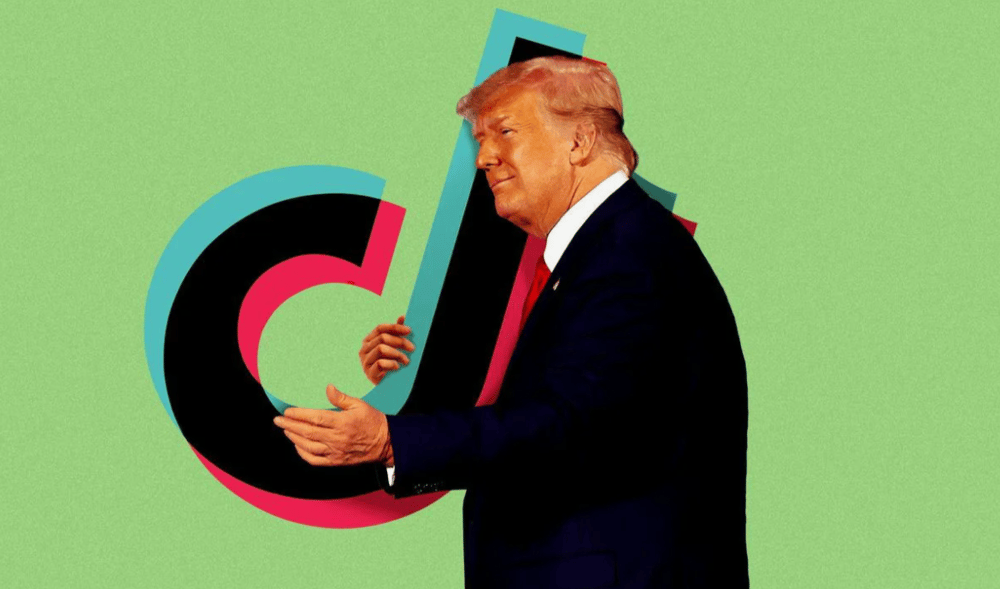The Automotive Industry Under Pressure A New Chapter in the Tariff Wars
On Thursday, shares of leading global automotive manufacturers tumbled following U.S. President Donald Trump's announcement of new tariffs on imported cars. This move becomes yet another step in his protectionist trade policy, raising concerns over its impact on global trade and the profitability of the automotive sector.
The 25% tariff on vehicles manufactured outside the United States will officially take effect on April 3. While this decision was widely anticipated, it created significant pressure on financial markets, showcasing how swiftly protectionist policies can disrupt global economic and financial systems.
The Impact of New Tariffs on Automakers
The announced tariffs had an immediate and adverse effect on the stock prices of major auto companies. Even early reports about the new trade barrier were sufficient to prompt investors to reevaluate their holdings, resulting in a noticeable sell-off in the sector.
- General Motors saw its stock fall by 7% during pre-market trading.
- Ford Motor experienced a 4% drop.
Despite the goal of shielding the domestic market from foreign competition, American automakers now face a Catch-22 situation: decades of offshoring production to reduce costs and increase efficiency have left them reliant on cross-border supply chains. This approach is now coming under strain, forcing companies to reassess their frameworks.

Why the U.S. Automotive Industry Is Vulnerable
The global automotive industry has embraced widespread internationalization over the past few decades, enabling significant cost savings and efficiency improvements. However, this interconnectedness has become a liability under the new tariff regime, leading to increased costs and logistical hurdles.
1. Expansion in Mexico and Canada. U.S. automakers like GM and Ford heavily depend on manufacturing facilities in Mexico and Canada. These plants help reduce production costs and contribute significantly to their bottom lines. With new tariffs in place, this business model has become more expensive to maintain.
2. Supply Chain Disruptions. The automotive industry relies on a vast network of suppliers, many of which are based outside the U.S. The costs of importing parts and components are expected to rise significantly under the new policies.
3. Impact on Domestic Sales. Higher production costs caused by tariffs are likely to increase vehicle prices in the U.S. market. In turn, this could weaken consumer demand, particularly as credit conditions tighten.

International Reactions and Consequences
The new U.S. import tariffs have reverberated across global markets, with European and Asian automakers also feeling the heat. Many companies rely heavily on exports to the U.S. and must now reassess their long-term strategies to mitigate potential losses.
- BMW and Volkswagen might look into reallocating production facilities to reduce exposure to U.S. market volatility.
- Japanese carmakers such as Toyota and Honda have indicated that they are revising their production and export strategies to adapt to changing trade policies.
Economies with a high dependency on automotive exports will be especially vulnerable to these developments, as the industry plays a critical role in their GDP and employment levels.

Geopolitical Risks of Trade Wars
The new tariffs represent another chapter in the escalating trade wars between the U.S. and its major trading partners. Increased duties on cars could trigger retaliation from affected countries, further destabilizing international trade relations and creating uncertainty across markets.
Potential responses to the U.S. tariffs might include:
- Imposing counter-tariffs on American goods, such as agricultural products and high-tech exports.
- Reducing foreign direct investment into the U.S. due to deteriorating business conditions.
- Heightened tensions within international organizations like the WTO, further straining global cooperation.
Experts warn that these measures not only disrupt global trade flows but also challenge the principles of free-market competition.
The global market has been reminded of how political decisions can swiftly influence economic stability. Large corporations that previously focused on globalization to optimize profits and efficiency now face the urgent need to adapt to this new trade landscape.

Investors' Key Concerns
1. Long-term Profit Decline in the Sector. Higher costs triggered by tariffs could hurt automakers' financial performance, reducing their attractiveness to investors.
2. Slower Global Trade Growth. The automotive industry serves as a significant driver of employment and export revenues for many nations. Prolonged trade tensions could dampen global economic growth.
3. Pressure on Consumers. Rising car prices may force consumers to shift toward more affordable models or postpone purchases altogether, which would hinder the industry's recovery.
The Future of the Automotive Industry
The current tariff war pressures automakers to reevaluate their approaches and adjust to a rapidly evolving policy landscape. Possible developments include intensified competition in local markets, increased investments in regional manufacturing plants, and renewed focus on technological upgrades to stay competitive.
This shift toward localized production could reduce the global interconnectedness of supply chains, signaling a step back from decades of economic integration. Yet, the long-term implications of such measures remain uncertain, leaving industry participants navigating uncharted territory.


















Comments